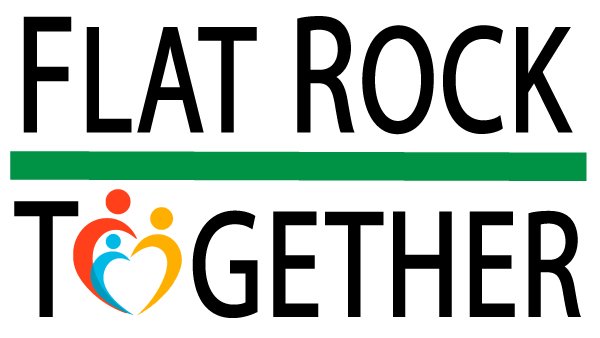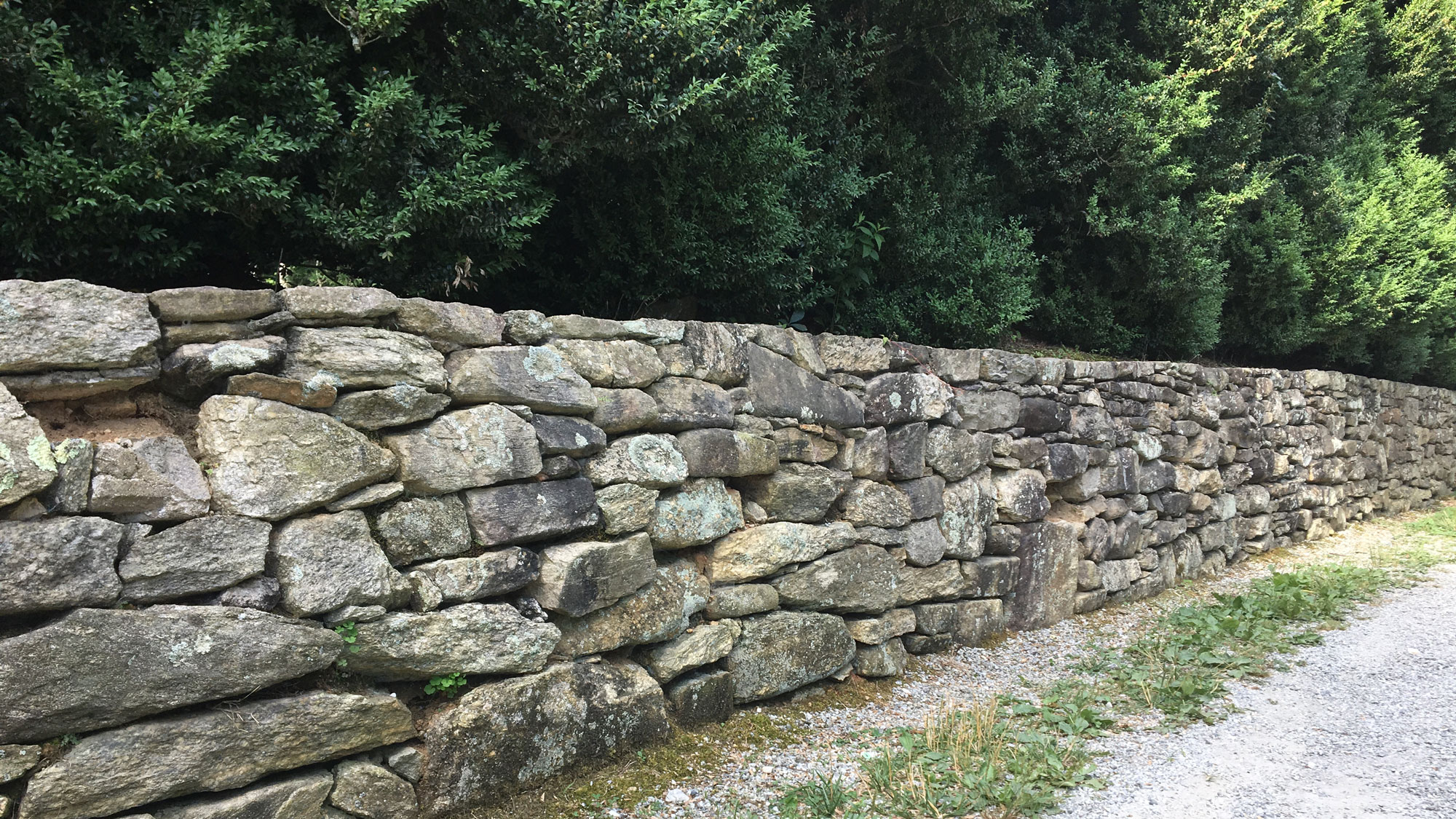It's 3 am. Do you know where your croissant is?
/Daniel Goodson prepares bagels at Flat Rock Bakery.
The alarm goes off at 2:45 am. I crawl out of bed and stumbled around in the dark bedroom trying to get dressed without waking my wife. No dice. “You’re crazy,” she mutters as she pulled the sheets closer and turns over. “At least bring home something tasty.”
Dressed and semi-awake, I fall into the driver’s seat and point my car towards downtown Flat Rock. I am on a mission in the singular pursuit of an answer to the age-old question: “It’s 3 am. Do you know where your croissant is?”
Dangling participles aside, I really was curious. How does the display case at the iconic Flat Rock Village Bakery go from nearly empty at 6 pm on one day to full to the point of over-flowing at 7 am the next. Here is a case filled with baked delicacies that I swear can literally call my name as I press my nose against the glass and salivate at neat rows of scones, cinnamon buns, croissants, muffins, bagels, turnovers, and more.
——
My first observation upon arrival is that Flat Rock, NC at 3 am is quiet. Really quiet. The kind of quiet that makes you wonder if the rapture occurred and you were the only person not on the invitation list. But 3 am parking is a dream, and I have my choice of a dozen primo spots right behind the bakery. Sweet. And about to get a lot sweeter, I think to myself.
I open the back door of the bakery, and I’m greeted by Daniel Goodson, age 30. He’s the man in charge of transforming the pastry display case at Flat Rock Village Bakery from empty to sumptuous in a matter of 4 hours.
My second observation: Daniel is surprisingly alert and active for this time at night. I’m still trying to form coherent questions as he glides from station to station in the bakery’s compact kitchen. He is busy folding and shaping dough to create an assortment of buttery pastries with sweet and savory fillings and toppings.
Growing up in Black Mountain, Daniel credits his grandmother for instilling in him an interest in baking. “My grandmother baked with me when I was a kid. She taught me about patience and the importance of a good recipe.”
Having set up the pastries, Daniel sets them aside to proof and starts mixing the dough for scones. This night he is preparing cranberry/walnut and apple scones. Although many old-school bakers learned their craft during apprenticeships, Daniel has an associate's degree in Baking and Pastry Arts from AB Tech in Asheville to go along with several years of experience as a baker.
After the scones, Daniel moves on to boiling bagels - a critical step, I learn, for developing the chewy exterior and doughy interior of the classic breakfast item. While the bagels boil in water laced with molasses, he pulls a cart full of unbaked bread loaves out of the cooler to allow the dough to warm and begin to rise before baking. From there, it is time to start loading the pastries into the oven. I check my watch. It’s 4:30 am.
Then it is time to get down to the heart of the matter. I ask Daniel why the pastry items are baked in the middle of the night. Do customers really care if they are baked before the sun rises? Wouldn’t it be more convenient to do his job 9 to 5?
His answer? It all comes down to freshness. “I like to have our products as fresh as possible. So ideally you'd have your croissants and other pastries come out right before we open at 7 am. Bread can stay fresh longer, but for pastries and bagels, just a few hours can mean the difference between being fresh and being stale.”
Flat Rock Bakery and Daniel are also both very particular about their ingredients. “We use a lot of local products and a lot of responsibly sourced ingredients. Whether it’s organic flour or locally raised eggs and local milk, you know our baked goods won’t have all the extra additives that you find in so many foods now.”
Daniel explains that Flat Rock Bakery prefers to do business with local farmers. “We have a big commitment to local and organic ingredients and supporting local farmers and businesses. Even our flour is locally milled. That’s really important here.”
As the first trays of delicacies are baking in the convection oven, Daniel checks on the bakery’s giant wood oven which is used to bake all the bread and pizzas. The oven can reach temperatures of 700 degrees and is large enough to handle 40 loaves of bread at a time. Watching Daniel prep and then bake with the wood oven brings home the fact that this type of baking is as much art as it is science.
Temperatures within the oven can vary significantly from spot to spot and even seasonal changes in temperature can play a role in baking times. But Daniel wouldn’t want to bake his bread any other way. “There's just something about cooking with fire. I think it’s a nostalgia thing. It's the original way of cooking and baking bread. This is the way they would have done it hundreds of years ago. So, for me, it's definitely got some allure to it.”
As Daniel glides from task to task, you realize you are witnessing a well-honed process that has been choreographed by experience and the varying cooking requirements for different types of dough. And although he is extremely busy, Daniel never seems hurried. Another lesson he learned again from his grandmother. “Successful baking is a combination of persistence and patience. Not everything turns out the way you want the first time. But with practice and patience, you will be successful.”
By 6 am, the bakery is flooded with the aromas of pastry dough, chocolate, melted cheese, baked apple, and a dozen other scents that have my salivary glands on high alert. Adam arrives and prepares for a 7 am opening by loading Daniel’s creations into the display case next to the cash registers. By the time he is finished, the display resembles a baked work of art. The golden browns of fluffy, textured surfaces are splashed with the colors of sweet and savory stuffings and toppings. It reminds me of the magnificent works of sand art at the beach -the spectacular but highly transitory products of talented and patient souls. Soon to be washed away by a sea of hungry customers who will disassemble the culinary tableau one scone, one croissant, one turnover at a time.
But success for a late-night baker is more than a beautiful array of pastries. Success is a happy customer. Which is gratifying to the man who gets up in the middle of the night to pursue his passion and his profession. “Serving good food is the oldest way of showing appreciation and gratitude toward each other. I like being a part of that connection between people; part of the heritage between baker and customer.”
I am home by 7 am. Daniel, however, is still on the job baking somewhere between 50 to 75 loaves of fresh bread for customers who appreciate the difference of fresh ingredients and the tradition of cooking in a stone oven.
Biting into an almond croissant at my kitchen table - slightly groggy from a lack of sleep - I experience gratitude and appreciation for people like Daniel and places like the Flat Rock Village Bakery. From now on, my croissants will be filled with both delicious treats - and a lot of meaning.




